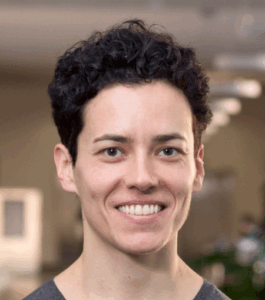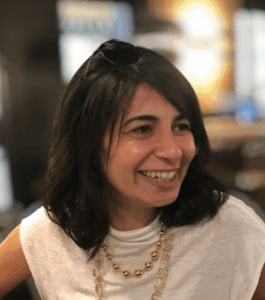Equity, Diversity, and Inclusion Panel

Chris Freeman
University of Southampton, United Kingdom
Bio: Professor Chris Freeman is Professor of Robotics and Control in the School of Electronics and Computer Science (ECS) at the University of Southampton, where he also serves as Deputy Head of School for Equity, Diversity and Inclusion and Chair of the ECS Belonging, Inclusion, Diversity and Equity (BIDE) Committee. His research spans robotics, control systems, and biomedical engineering, with a particular focus on developing assistive technologies for healthcare applications. In AI and robotics research, Professor Freeman has led major UK government–funded projects advancing upper-limb rehabilitation systems that integrate robotics and functional electrical stimulation (FES) technologies, each successfully trialled with stroke patients. He has also coordinated international research initiatives on robotics and adaptive learning control for industrial automation. His current work explores biomechanics, motor learning and control, biomedical systems modelling, non-contact sensing, electrode-array FES, wearable systems, and interactive touch-table technologies.

Tom Lenaerts
Université Libre de Bruxelles, Belgium
Bio: Professor Tom Lenaerts is Professor of Computer Science at the Université Libre de Bruxelles (ULB), where he co-leads the Machine Learning Group. He is also a founding member of the Interuniversity Institute of Bioinformatics in Brussels (IB²), which he directed from 2017 to 2021. In addition, he maintains research affiliations with the Center for Human-Compatible AI at the University of California, Berkeley, the Artificial Intelligence Lab at the Vrije Universiteit Brussel, and FARI (the AI for the Common Good Institute) in Brussels. Professor Lenaerts’ research explores the intersections of artificial intelligence, multi-agent systems, collective intelligence, and computational biology, with a particular focus on the ethical and societal dimensions of AI. Through his leadership roles as Chair of the Benelux Association for Artificial Intelligence (BNVKI) and expert representative in the Global Partnership on AI (GPAI), he actively promotes responsible, inclusive, and collaborative AI research across Europe and beyond. His work emphasizes the importance of diversity and cooperation, both as computational principles and as social values, in advancing AI systems that serve the common good.

Elisa Marengo
University of Turin, Italy
Bio: Dr. Elisa Marengo is a tenure-track researcher in the Department of Computer Science at the University of Torino, where she leads work at the intersection of artificial intelligence and education. She previously held academic positions at the Free University of Bozen–Bolzano and the University of Bologna. Her research spans business process modelling, responsibility and accountability in multi-agent systems, and AI literacy and education. She is particularly committed to developing methods and pedagogical approaches that help children and young adults understand both the opportunities and challenges of artificial intelligence and machine learning. Her recent work explores how to nurture children’s innate cognitive abilities to support comprehension of key AI concepts. Her work reflects a strong belief that equity and diversity in AI begin with widespread understanding, critical awareness, and early empowerment through education.

Nardine Osman
Artificial Intelligence Research Institute (IIIA-CSIC), Spain
Bio: Dr. Nardine Osman is a Senior Scientist at the Artificial Intelligence Research Institute (IIIA) of the Spanish National Research Council (CSIC), where she leads the Ethics and AI research line. Her research focuses on value alignment, ethical reasoning, and normative multiagent systems, exploring how computational models can embed, reason about, and uphold human and societal values. She has led or contributed to numerous European and national projects, including WeNet, VALAWAI, VAE, and RHYMAS, and her work has resulted in several software systems now used in industry. Beyond her research, Dr. Osman has been deeply engaged in promoting responsible and inclusive AI practices within the international research community. She has taken leadership roles in advancing AI for societal benefit, including as Vice-President of EURAMAS and Chair of the AI for Good track at IJCAI 2023. Through her initiatives, she advocates for an AI ecosystem grounded in diversity, ethical reflection, and social responsibility, ensuring that technological innovation remains aligned with human values.